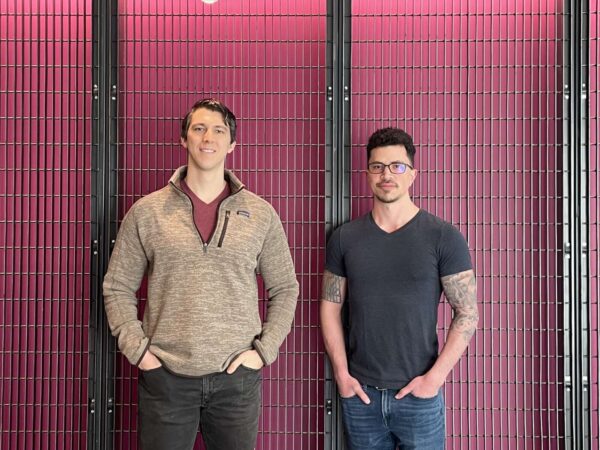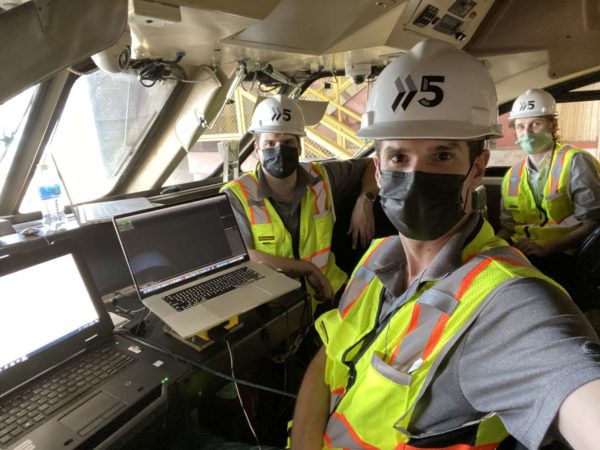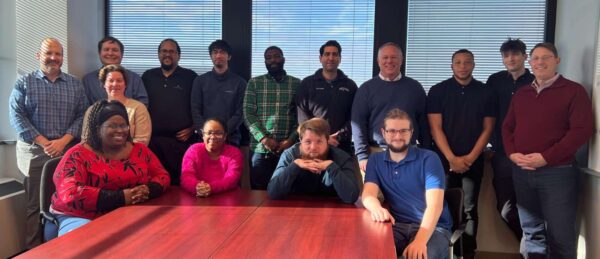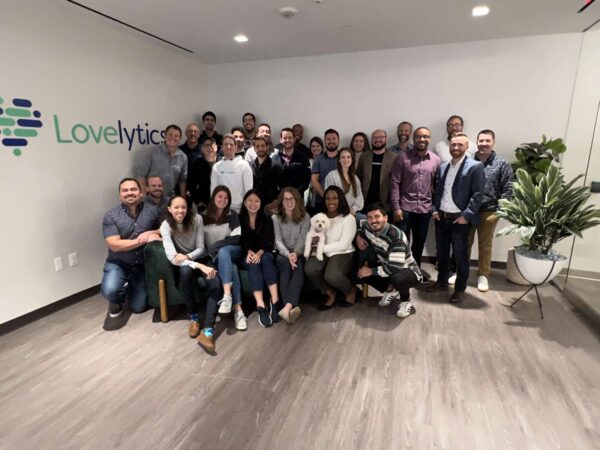Sponsored by Monday Properties and written by ARLnow, Startup Monday is a weekly column that profiles Arlington-based startups, founders, and other local technology news. Monday Properties is proudly featuring 1515 Wilson Blvd in Rosslyn.
(Updated at 9:15 a.m. on 03/29/22) International startup accelerator ZEBOX is gearing up to open its U.S. headquarters in Crystal City in April.
Construction has been underway at 1550 Crystal Drive since Gov. Ralph Northam heralded the arrival of France-based accelerator in February 2021.
The company is slated to inaugurate the space — with sweeping views of Crystal City, Reagan National Airport and the Potomac River — on April 26.
ZEBOX will be bringing together promising startups with concepts that could solve the world’s supply-chain issues and giving them the physical space and mentorship they need to succeed.
The accelerator will also be connecting these startups with large shipping and transportation companies, such as BNSF Railway and the Port of Virginia, that need these smaller companies’ ideas and products to keep their goods moving quickly and secure their data.
“These big companies pay a service fee for us to come in and teach them how to innovate,” says ZEBOX America Vice President Charley Dehoney. “Then, we find startups that can help their business grow and we play matchmaker.”
ZEBOX is choosing companies that have already demonstrated some success and are in various early fundraising stages, from a pre-seed round to Series B. Nine startups will be relocating to Crystal City next month as part of ZEBOX’s first cohort.
The accelerator’s leaders aim to have D.C.-area-based startups comprise up to 40% of the startups located in its offices. The Crystal City location will be ZEBOX’s flagship hub, Dehoney said, because “we have the most robust startup ecosystem in the world.”
The local startup scene’s strength has been mostly in government-related ventures and cybersecurity, but that reputation has evolved as Amazon cements its foothold in the region, he says.
Dehoney points to JBG Smith, which is bringing ubiquitous 5G connectivity to Crystal City, Pentagon City and Potomac Yard — collectively known as National Landing — to give startups the technological infrastructure they need to innovate.
“Amazon needed this infrastructure because they want robotics, drone delivery and autonomous vehicles,” Dehoney said. “It’s the perfect place for us to have a supply chain-mobility focused accelerator.”
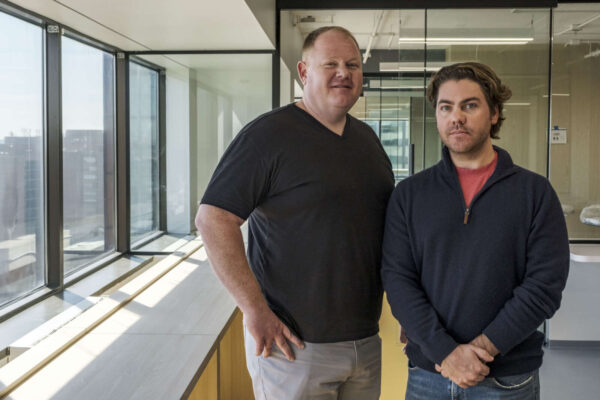
A year ago, the supply chain was not a topic of dinner-table conversation, nor was it a concept that Americans budgeted into how they planned their holiday shopping, for example. But all that changed with the pandemic, says Dehoney.
“These supply chain issues have always existed. They were exacerbated by Covid, then the world shined a light on it,” he said.




